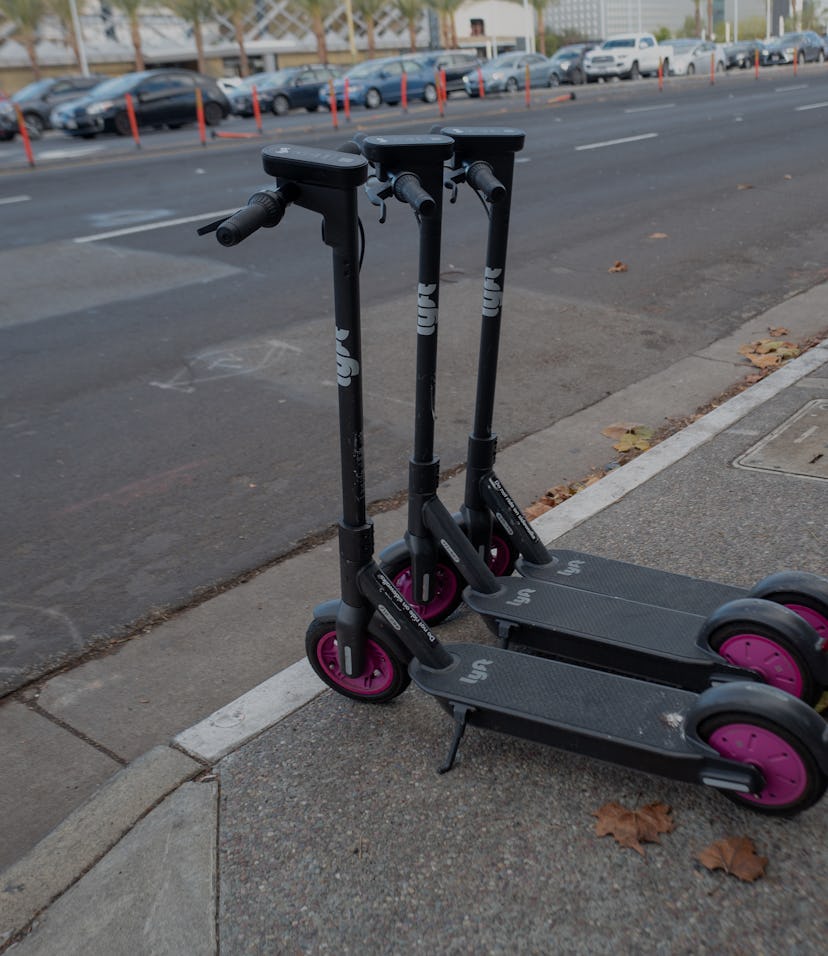Tech
NYC's first e-scooter rentals will serve transit deserts in the Bronx
The Big Apple is years behind other major cities in introducing a dockless e-scooter program.

It's been years in the making, but New York will soon join other cities in offering an e-scooter rental program. In an announcement today, NYC's Department of Transportation (DOT) announced that a pilot program will launch in the East Bronx sometime this spring, with 2,000-3,000 scooters initially available to rent.
Some details are still unclear, such as which scooter operators will be participating in the trials. Lyft, which offers scooters in other cities, already has a presence in the city through its Citi Bike bike-sharing program.
Scooter rentals have long been prohibited in NYC over concerns about safety. But after years of false starts, Governor Andrew Cuomo legalized rentals in April of last year with stipulations, and left it up to local municipalities to decide how they should be regulated. Back in October, the city's DOT opened up applications to companies interested in participating. Fifteen companies ultimately expressed interest, which are expected to be narrowed down to two or three for the pilot.
"A forthcoming announcement will introduce the companies selected from amongst those who responded to the [bid], along with details about equipment, accessible options, pricing, equity policies and discounts, features, and a launch schedule,” the agency said in a press release.
Equitable transport — As the agency notes in its tweet, e-scooters can be useful in neighborhoods like the East Bronx that have poor connections to public transit. Many residents of the Bronx take long bus rides because the subway doesn't reach them and the Metro-North commuter train is too expensive. The population of the East Bronx is 80 percent Black and Latino.
E-scooters could be one way of offering more equitable transportation to people who have been underserved and spend much of their days just getting to and from work. In San Francisco, scooter companies have been required to offer discounted rides to low-income communities, which the DOT might use as a model.
Under the program, riders will be expected to wear helmets at all times. To address concerns about cluttered sidewalks or scooters finding their way into trees, fountains, or other less-than-ideal spots, e-scooter companies in other cities have begun using GPS data and photo confirmation to verify that riders properly park their scooters at the end of a ride. Link, one of the companies which has applied to operate in NYC, says riders will be fined if it learns they parked improperly.
Scooter economics — E-scooter companies have been focusing more on profitability in recent years after heady growth fueled by VC funding gave way to the reality that maintaining a fleet of electric scooters is economically difficult. In order to survive, the industry has consolidated and the remaining players have worked to improve the sturdiness of their scooters that tend to break down frequently otherwise. New sensors can also send out alerts when a scooter is in need of maintenance so that it can be repaired before fixes become more costly. Link says its scooters only need to be used on average 0.7 times per day before they begin to pay for themselves.